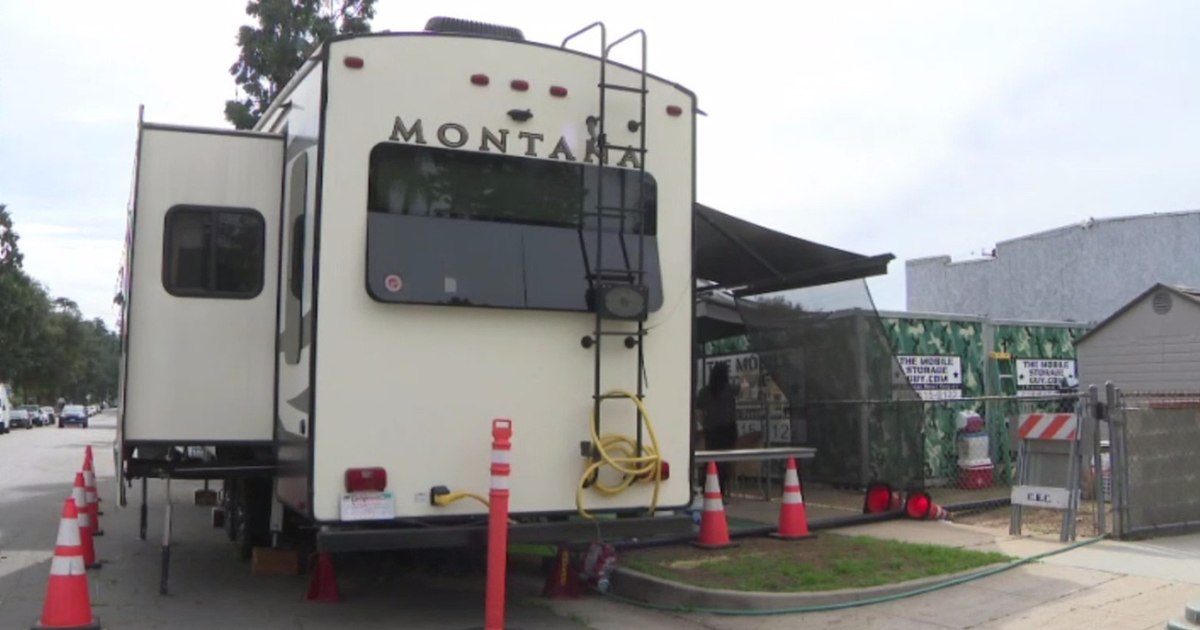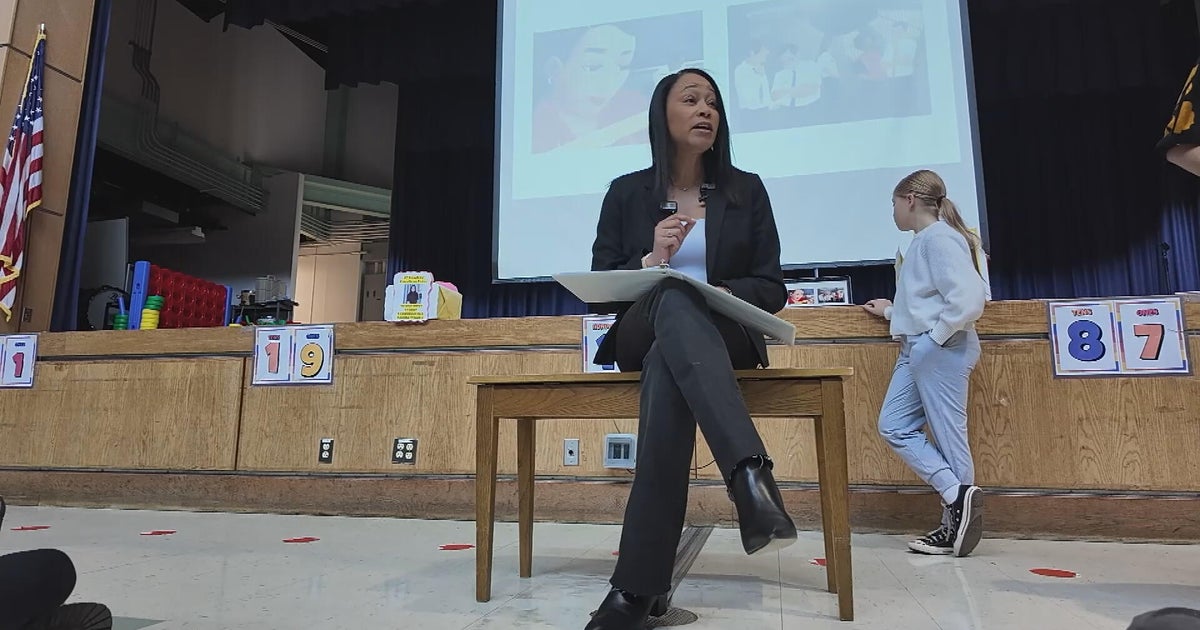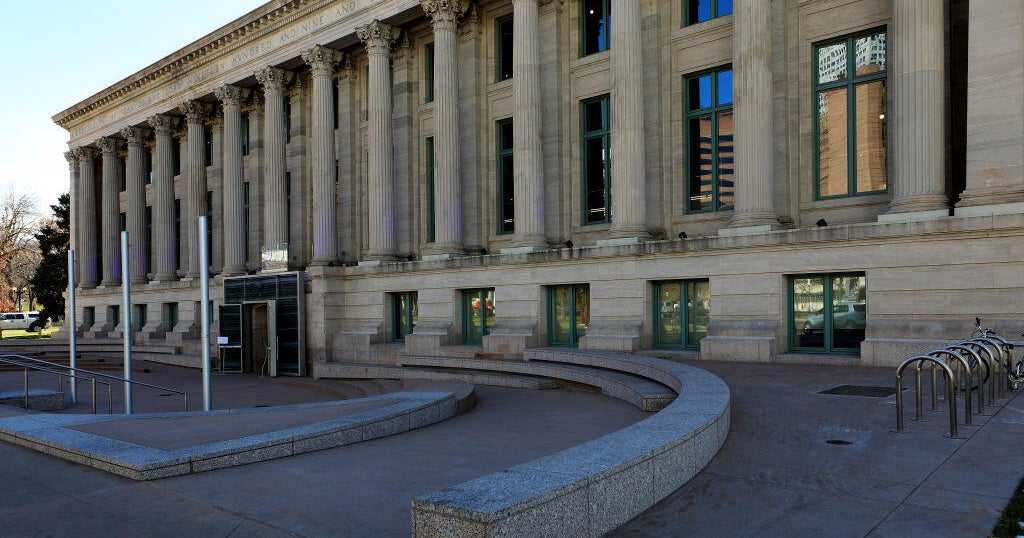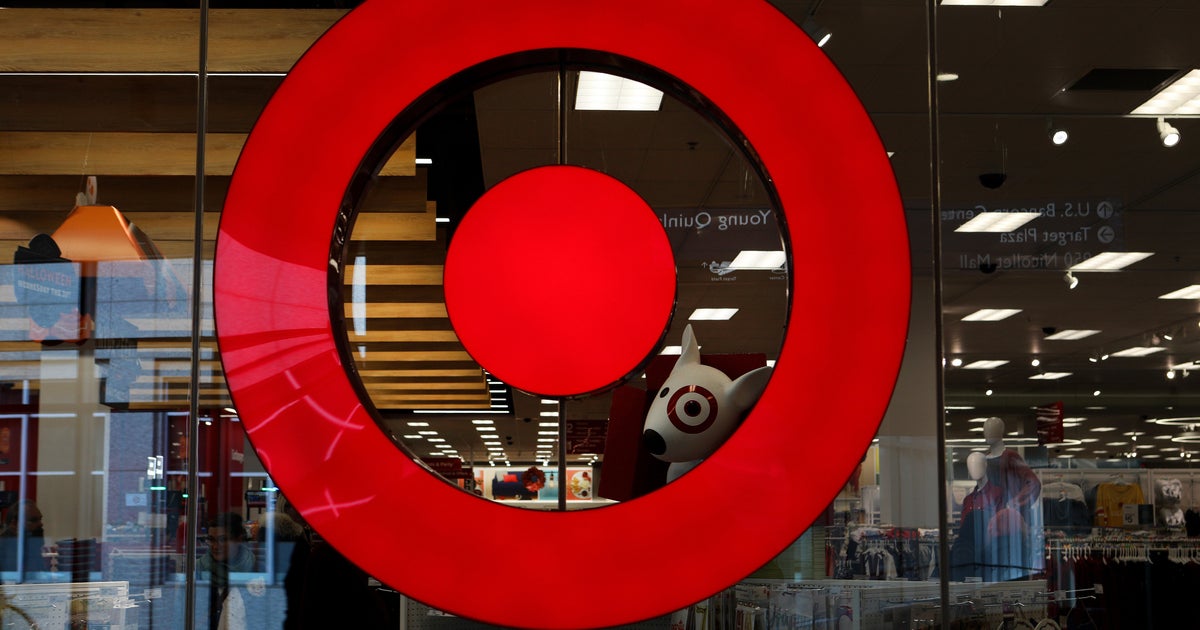Seen At 11: WeWork Takes Shared Living & Working To New Level
NEW YORK (CBSNewYork) – There's a new way of living and working that's taken the notion of sharing to a new level.
CBS2's Alice Gainer took an inside look at the WeWork phenomenon.
"I usually start my day with a morning coffee down here," said Jim DeCicco.
'Here' being the common kitchen at a new residential space called WeLive in the Financial District. Studios to four bedrooms that go for $3,000 to more than $7,000 a month can be rented for a day or a year. You bring just your clothes to move in.
"Everything came with it – all the cutlery, the forks, knives, plates, dishes, everything you can image," DeCicco said.
Everything and more, Gainer reported. The building features a lounge in the mail room, pool in the laundry room and a hallway bar for daily happy hour. The common kitchen is in addition to those in the apartments.
It's also where 25-year-old Decicco works for Super Coffee, the business he owns with his brothers.
"The biggest gripe is that we're all working a lot, which is a good thing. The fun factor is there's so much to do," he said.
"Work and your personal life and the interests that you have – I think that's blurred." said Rui Barros, who overseas the Tri-State territory.
That's the philosophy at WeLive, part of the WeWork co-working empire.
The company started serving millennials, now it reaches workers of all ages. In seven years, it's amassed 10 million square feet of office space in over 42 buildings in New York City alone.
"It's really tied to people who see value in shared spaces and places where you can come together with like-minded people," Barros said.
Izzie Zunia works for a talent agency, which leases an office.
"It's really nice for first impressions," she said. "They have so many areas where you can have private conversations. You can go enjoy all the really beautiful common spaces."
WeWork has taken its notion of community even further with a recently opened wellness space and plans in the works for a school.
It also purchased the flagship Lord & Taylor building on Fifth Avenue. Now, it has to fill it.
"It's always a concern when you see empty spaces and empty desks. There is obviously a loss of revenue there," said business analyst Barry Habib.
But he says WeWork hit the right formula at the right time.
"I think real estate is really the strength of this whole thing," he said. "They do have this dialed in right now."
WeWork claims about 88 percent occupancy for its work spaces and plans to expand its residences.







